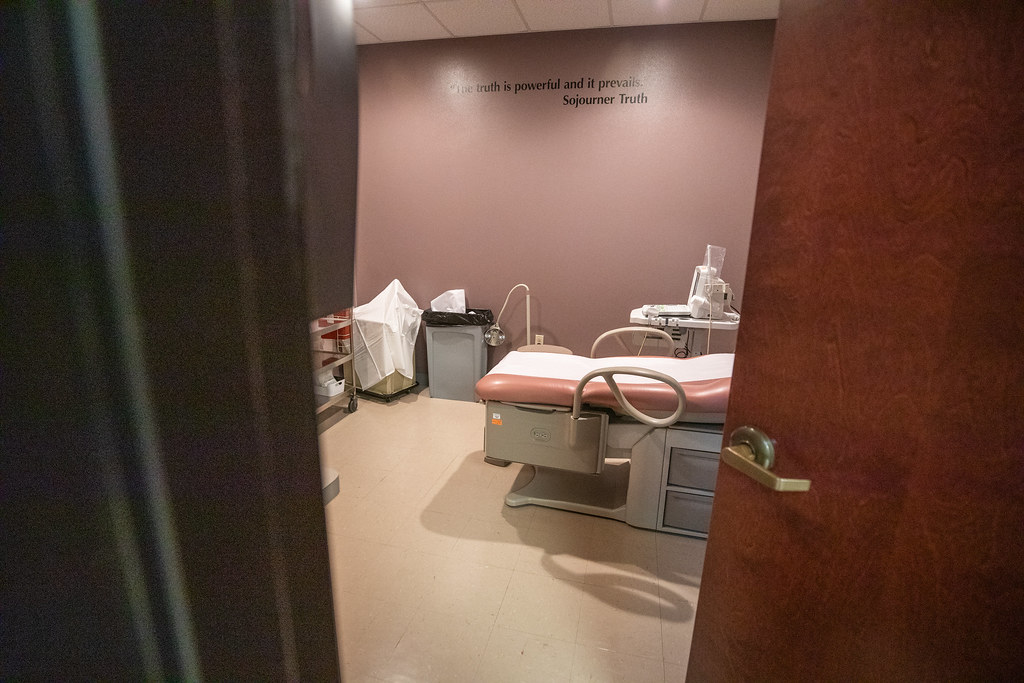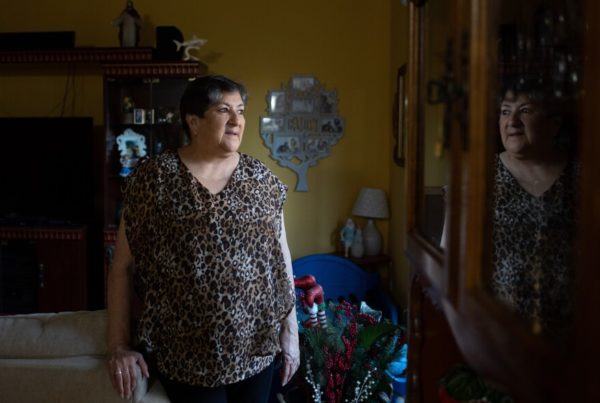Last Wednesday, the U.S. Supreme Court heard oral arguments in Dobbs v. Jackson, a case challenging Mississippi’s 15-week abortion ban.
Mississippi’s law contradicts decadeslong legal precedent established by Roe v. Wade, that prevents states from banning abortion before so-called fetal viability. Viability is when a fetus is considered to be able to survive outside its mother’s womb, commonly around 24 weeks of gestation.
If Roe is overturned, Texas would be able to almost immediately outlaw abortions due to its so-called trigger law, House Bill 1280, signed into law last June. HB 1280 stipulates that Texas would outlaw abortions 30 days after any federal court ruling or amendment granting states the right to prohibit abortions.
In Texas, multiple restrictions already exist to limit abortion access. Senate Bill 8, passed by the Texas Legislature earlier this year, made abortions illegal after about six weeks of pregnancy. And on Thursday, a new law went into effect that bans the use of abortion pills after seven weeks of pregnancy and forbids the mailing of those pills.
The Supreme Court heard oral arguments about SB 8, last month, but has not yet said when it will announce a decision about that or the Mississippi case.
Texas state Rep. Donna Howard is chairwoman of the Texas Women’s Health Caucus. She expressed strong opposition to SB 8 while it was being considered. Howard joined Texas Standard to share her perspective on the latest developments at the high court. Listen to the interview in the audio player above or read the transcript to learn more.
This interview has been lightly edited for clarity.
Texas Standard: I imagine you have been keeping a very close watch on the commentary and the arguments from last week’s case out of Mississippi. What was your sense of where the court is headed?
Rep. Donna Howard: Well, I think the concern that most of us have, who are paying attention to this, is that the court is signaling that they may actually bypass Roe v. Wade, eliminating what we’ve been using for the past half-century, viability [of the fetus] being the demarcation, and actually allowing the states to set whatever time frame they would like to set, including total bans on abortion.
There’s been a lot of commentary about the idea that removing the viability rule wouldn’t explicitly overrule Roe. But it sounds like what you’re saying is, it would effectively have that impact.
Yes. And you know, that’s kind of the the method that’s being used with all the anti-abortion laws – the so-called fetal heartbeat bill – which is actually an embryo, not a fetus at that point, which actually has no heart and there is nothing beating; it’s electrical stimulation that’s being picked up.
That [bill] effectively bans abortion at six weeks of gestation, which is actually four weeks of pregnancy, two weeks after a missed period, if you’re regular. And all of that’s being done to basically ban abortion, without actually banning abortion. So I think this is kind of the method that is being used: let’s see how much of a middle ground we can do here and look like we’re not doing what we’re actually doing, which is banning abortion.
Let’s talk about the state of abortion in Texas as it stands right now: with the Supreme Court not having yet decided on SB 8, you also have a new law that limits the use of abortion, inducing medication in Texas, that went into effect on Thursday. And it’s my understanding that the law would make it a felony to provide that medication after seven weeks of pregnancy.
Oh, absolutely. This is one of the safest methods of abortion. It is taking pills that can be safely taken at home to terminate a pregnancy. Clearly there are going to be periodic complications, but it’s extremely rare. This is something that people all over the world have been using, but Texas is again doing this one-two punch by saying you can’t have an abortion after six weeks, but just to make sure we’re also going to say you can’t have medication abortions after seven weeks. It is, again, just continuously putting obstructions in place so that you cannot access safe, legal abortion.
How are Texans responding to these restrictions based on what you are hearing?
Well, we know that those of means are able to go out of state and actually get an abortion, have that health care provided to them in other states. Who this is really impacting are those of limited means: women of color, those in rural areas, especially those down in the Valley, in the Rio Grande Valley, who have to travel hundreds and hundreds of miles, would have to take off work, would have to find child care, would have to be able to pay for it. This is just a clear example of how you can have a constitutional right, but without access that right is meaningless to you, and this is just exacerbating that.













